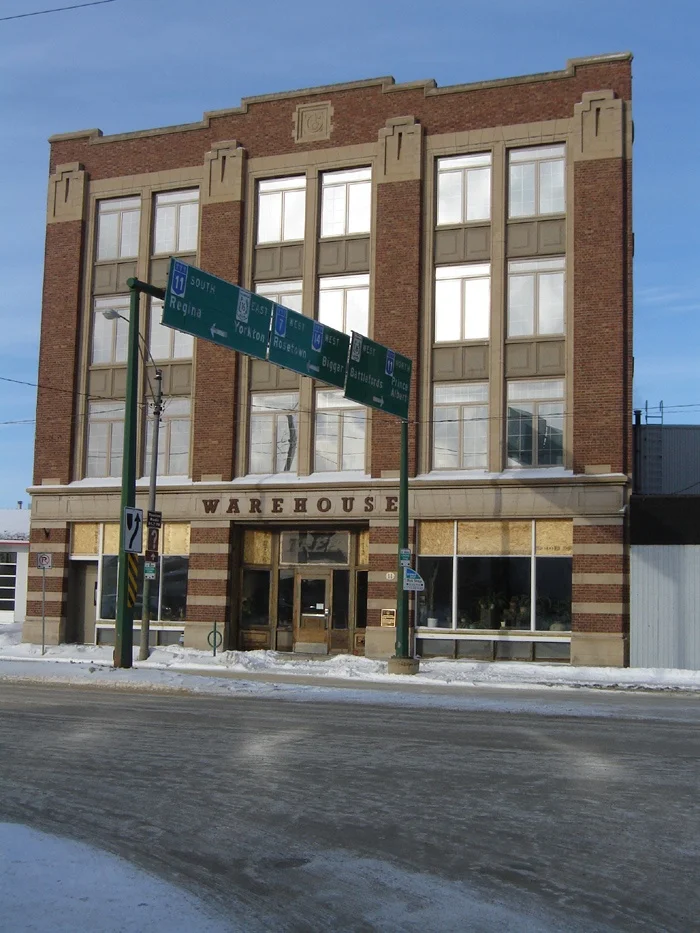This is all about: Condo Fees and how they can impact your long-term expenses.
Condo fees are billed to co-owners on a monthly basis. They cover necessary expenses for the regular maintenance of common areas of the building: window washing, pool and lawn maintenance, snow removal, painting the stairways, security measures, underground parking, small repairs, etc.
Condo fees also pay for major renovations that may need to be done. Some of these include but are not limited to: replacing the roof, heating systems, resealing a pool, repaving the parking garage.
Larger work requires that the condo corporation establishes a reserve fund. A portion of the condo fees are deposited into that fund.
Just so we are clear: condo fees aren’t optional: they’re the law. Moreover, if a condo owner is in payment default, he or she could be sued. The condo corporation could even be granted the right to sell a condo to recover debt if its owner is in default.
Condo fees are important and they are due monthly. They are non optional.
How are your condo fees calculated?
Condo fees are calculated based on the assessed value of each owner’s unit in the building. Therefore, if the value of your condo equates to 7% of the building’s value, you’ll pay 7% of the common costs.
The value of each unit is specified in the declaration of ownership as a percentage or a fraction. Different factors are considered to determine this value, such as the unit’s square footage and its placement in the building. Unsurprisingly, a 1,000 sq. ft. condo on the top floor with a view of the park will have a greater value than a condo that’s the same size, but is on the first floor with a view of the parking lot.
Therefore, condo fees for owners in the same building will not always be the same amount. During your condo board meetings (if you choose to get on board) you will have access and will be able to see what everyone owes. It is fair and it is a standard calculation.
What Affects Condo Fees?
There are a few things that will affect the price of your condo fee.
Building Size:
The size of the building that your unit belongs to can play a very important factor in the cost of your monthly condo fees. While not always the case, larger buildings tend to have slightly lower monthly fees, as the total costs are split between a larger number of units.
Age Of the Building:
The age of your building may be one of the many factors included in your monthly condo fees. For example, older buildings generally have higher fees because things may break down and need to be fixed or replaced more often. But that’s not to say that all new buildings will have low fees; that can often depend on what amenities are included in the building and how expensive it is to maintain everything.
If you’re unsure of how old and/or structurally sound your building is, this is where bringing in a home inspector is a good idea. One thing you should absolutely beware of is old buildings with extremely low fees.
Building Amenities:
While some buildings come with nothing more than a foyer, others come with all the bells and whistles. As expected, though, you have to pay to use those bells and whistles. This is included in your monthly condo fees. Swimming pools, party rooms, valet parking, theatres, fitness centres, putting greens and yoga rooms are amongst the many luxury amenities currently being offered at various condominiums across Canada. Buildings with these types of amenities obviously charge higher condo fees. Fees are charged; not only for usage but to cover the cost of upkeep and operation. On top of that, there is usually a fee to rent those rooms. Sometimes it is $50.00 but in some higher end buildings the rental fees can be us to $300.00
Condo Fee Wrap Up:
All of these things need to be kept in mind when buying a condo. You do not want to be in the building in the city that has the lowest condo fees. Chances are you will either have no amenities or you will be responsible for costs as they arise which makes it hard to budget for.
As always, if you need help buying or selling a home, please contact Gregg Bamford or Ryan Bamford.



